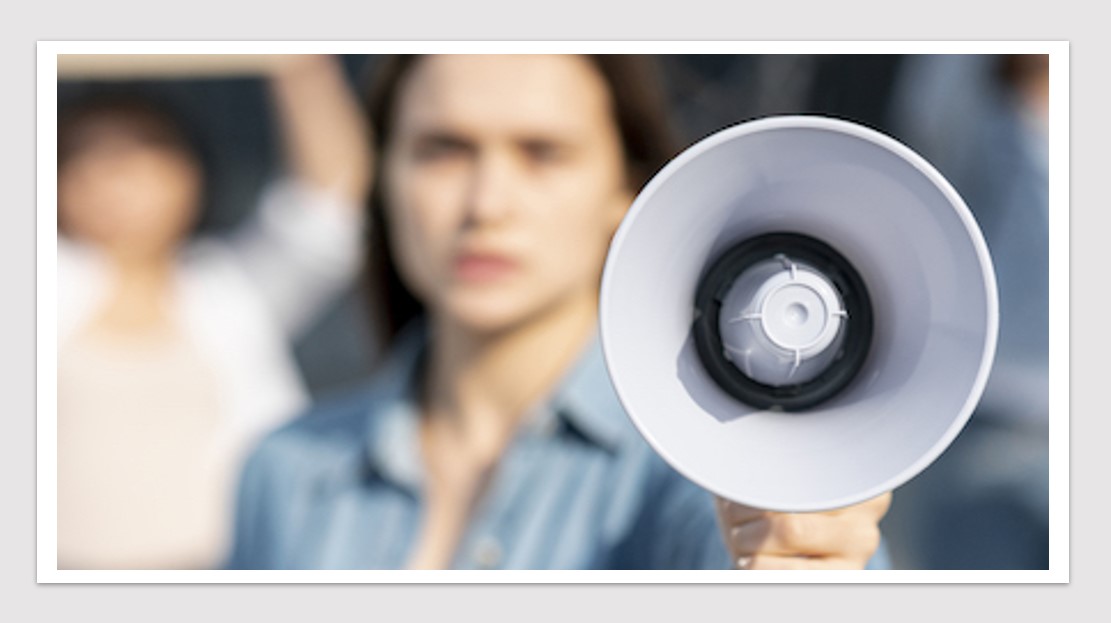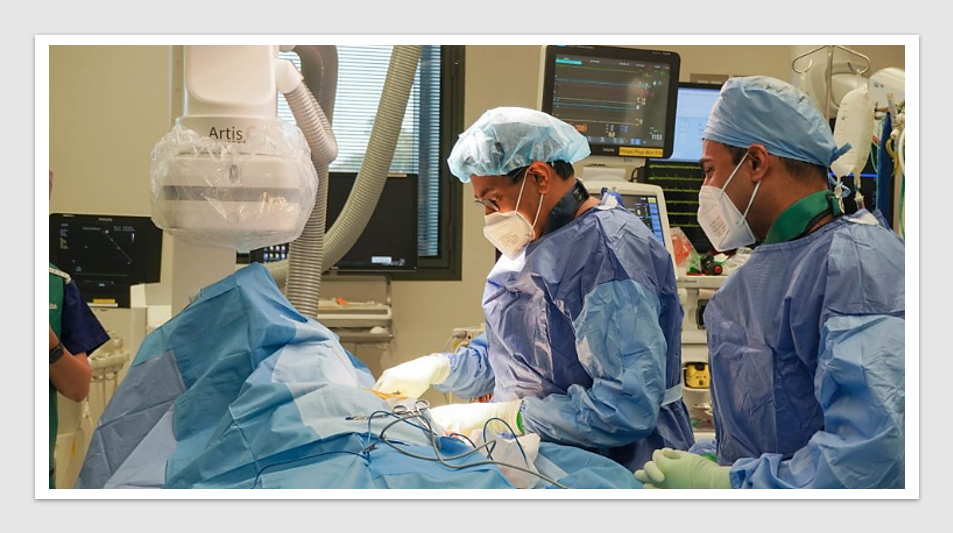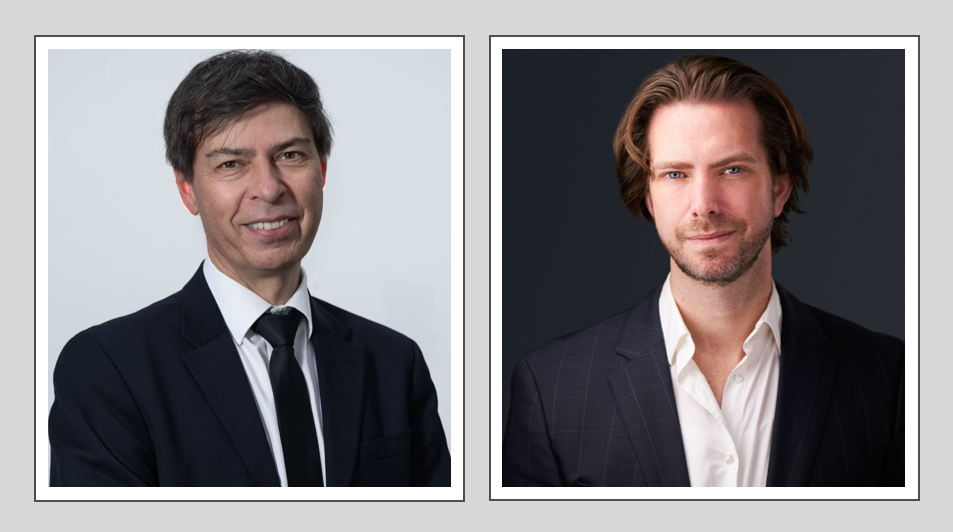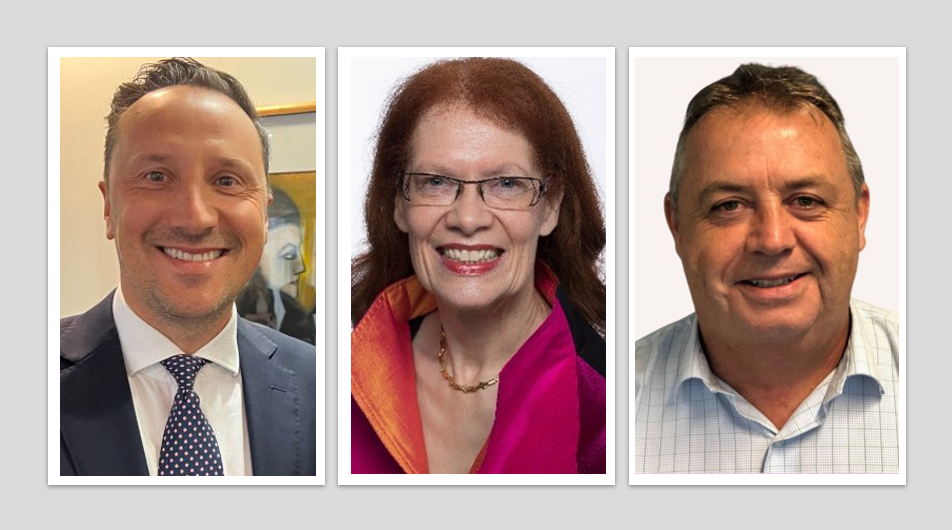Marketing & Strategy
‘Woke’ companies: Do they really mean what they say on ESG claims?

Being seen to take a stand on social justice issues, such as racism, diversity and inclusion or measures that minimise environmental impact, can increase customer loyalty. But if people aren’t convinced a company’s new-found awareness is genuine, it can lead to a backlash and boycotts.
Woke Brand, a new book by Dr Abas Mirzaei, a senior lecturer in Marketing at Macquarie Business School, explained what the term means in a corporate environment and how brands can navigate an authentic path towards contributing to the social good rather than focusing solely on profit.
“It’s about brands being alert to injustice and trying to do something about it in an authentic way. Customers want to see that you’re not just opportunistic but doing something concrete. Brand managers need to do their research, create a vision and then muster the courage to act,” he said.
According to the Australian Council of Superannuation Investors’ (ASCI) latest report, some 140 of the ASX 200 companies are now making detailed reports on ESG issues.
The problem, however, is that the quality of information being reported can vary hugely, with some companies publishing data that are valuable, while others simply select the information they want to present, which may create an incomplete or even misleading impression about their actual activities.
The ASCI ESG Reporting Trends 2022 revealed that out of the 14 ASX 200 companies in the healthcare sector, none had a ‘comprehensive’ ESG reporting rating and only 5 had a ‘detailed’ reporting rating, highlighting a sector-wide gap. In fact, in the healthcare sector, Ansell, Fisher & Paykel Healthcare, Nanosonics, Ramsay Health Care and Sonic Healthcare had a ‘detailed’ reporting rating – the highest rating in this sector – while the remaining none (9) companies had moderate-basic ESG reporting ratings, with three (3) companies not reporting at all.
Corporate woke-signalling reached a peak in 2020 in the wake of the Black Lives Matter and #MeToo movements, Mirzaei said.
Global brands such as Nike, Uber, Mars, and Ben & Jerry’s – as well as Australian brands such as THE ICONIC, Cotton On, Aesop and others – used social media and advertising campaigns to declare their support for these movements. The word ‘woke’ originates from the 1940s when African Americans campaigners used it to refer to awareness of racism and discrimination.
In February, during Sydney World Pride month, many brands declared their support for diversity and inclusion by using rainbows in their marketing to show solidarity.
But Mirzaei warned that consumers are sceptical of claims that are not supported by tangible actions or meaningful change. They accuse companies of ‘rainbow-washing’ (superficially referring to LGBTIQA issues) or ‘green-washing’ or simply ‘woke-washing’. A growing chorus of customers want to see real action rather than gestures.
He said “Real action encourages people to trust brands more. It means a company improving the diversity of its own workforce, creating products targeted at a diverse audience or using plus-size or trans models for example.”
Mirzaei used data mining techniques to analyse social media posts on Facebook, Twitter, Instagram and YouTube. He looked at posts by companies about their social justice positions and initiatives and the reactions they received from social media users – both complimentary and supportive as well as critical and damning.
Based on the findings of this research, Mirzaei said that to be successfully woke, brands must have well-planned positions on social justice issues and be prepared to continue, even if they face attacks by woke critics or suffer a financial impact.
“Otherwise, a random one-off woke move, with an attacking and divisive tone, can only lead to woke-shaming and greater divide, and potentially, resistance from opposers,” he stated.
He referred to Adidas’ decision to cancel their Yeezy line of running shoes after Ye (formerly known as Kanye West) made racist and anti-semitic comments at Paris Fashion Week in October 2022.
“Even though it took the brand a while to respond, Adidas risked losing US$750 million for unsold Yeezy shoes but it also showed customers what Adidas brand values really are. Their response risked hurting their revenue, but it sent a powerful message that anti-semitism and bigotry have no place in society. When some courageous brands lead, others follow,” he said.
Mirzaei advised brands to practise what they promise and make sure the action they take aligns with their products. A good example is AirBnB helping provide emergency accommodation around the world to 100,000 refugees from Ukraine. In comparison, Brands such as Gillette, Mars (M&M’s) and Uber have tried woke ad campaigns that fell flat when they weren’t linked with substantial action.
This year, a group AusBiotech leaders have banded together to develop an Australian biotech first, a sector-specific ESG tool to help companies attract investment and navigate ESG reporting.
Consumers between the ages of 16 and 50 years-old are the target group who expect progressive brands to be agents of change and promote high social values.
“Many of these young people are informed consumers,” Mirzaei said.
“My book argues that these consumers holding brands accountable for their involvement in social issues is a good thing – that it will contribute to societal change.”
 In reimagining healthcare across the entire patient journey, Health Industry HubTM is the only one-stop-hub bringing the diversity of Pharma, MedTech, Diagnostics & Biotech sectors together to inspire meaningful change.
In reimagining healthcare across the entire patient journey, Health Industry HubTM is the only one-stop-hub bringing the diversity of Pharma, MedTech, Diagnostics & Biotech sectors together to inspire meaningful change.
The content on Health Industry Hub is copyright protected and should only be accessed under individual user licenses. To subscribe, please click here and visit T&Cs here.
Human Resources

Medtronic HR Director deep dives into shifting workplaces and leadership trends: International HR Day
People & Culture: Coinciding with International HR Day, Karen Newell, Senior HR Director for ANZ at Medtronic, joined Health Industry […]
MoreNews & Trends - MedTech & Diagnostics

Aussie medtech reveals new data on next-gen pulsed field ablation system for atrial fibrillation
MedTech & Diagnostics News: An Australian-based medtech company announced promising results from the first-in-human study for its pulsed field ablation […]
MoreNews & Trends - MedTech & Diagnostics

Federal budget delivers ‘mixed news’ for radiologists
MedTech & Diagnostics News: The Royal College of Australian and New Zealand Radiologists (RANZCR) and the Interventional Radiology Society of […]
MoreNews & Trends - Pharmaceuticals

AstraZeneca, BMS and Noxopharm address findings of inquiry report into rare cancers
Pharma News: The Senate Community Affairs References Committee has released its inquiry report into Equitable access to diagnosis and treatment […]
More